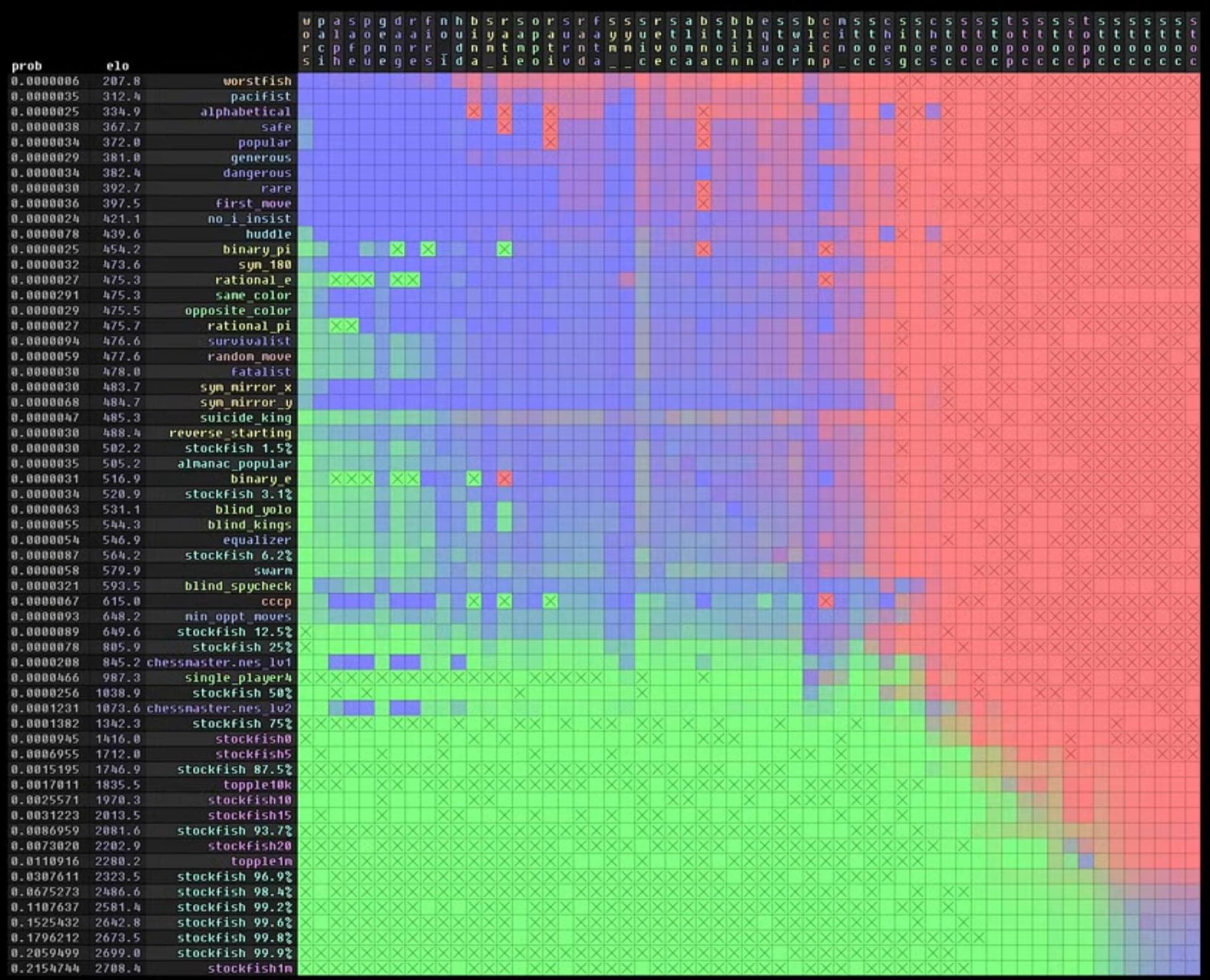I think read the docs is a fine advice. But docs rot, and most docs are bad. If possible, read the code?
Reading the code doesn’t mean grokking the entire cpp code base while reading by candlelight in 1000-day monk mode. Reading the code means understanding the code path—descending from your first contact point down to the stateless functions that does the heavy lifting. This can be done with an actual debugger and stepping through each stage and see how the sausage is made. Reading the code is slow, sometimes painful. The alternatives are worse.
A bad advice is to use a “better” language. I guess that Raemon uses weakly typed languages beyond the base rate of js/python users. Many of the complaints here don’t really make sense if you write in apl, haskell or even rust. When you create the right abstraction, or best, have no abstraction, there is no meta state of the program to keep in your mind.

I am sympathetic to the revolutionary vanguard approach. But MAPLE seems to have even less success in the approach than the SRs of the russian revolution. At least the SRs tried going to the people first—telling them “peasants, you are being exploited and you could change your condition!”.
From the outside, I don’t see any saintly accomplishments that look like “trying to apprehend alignment” at a robust mechanical level.